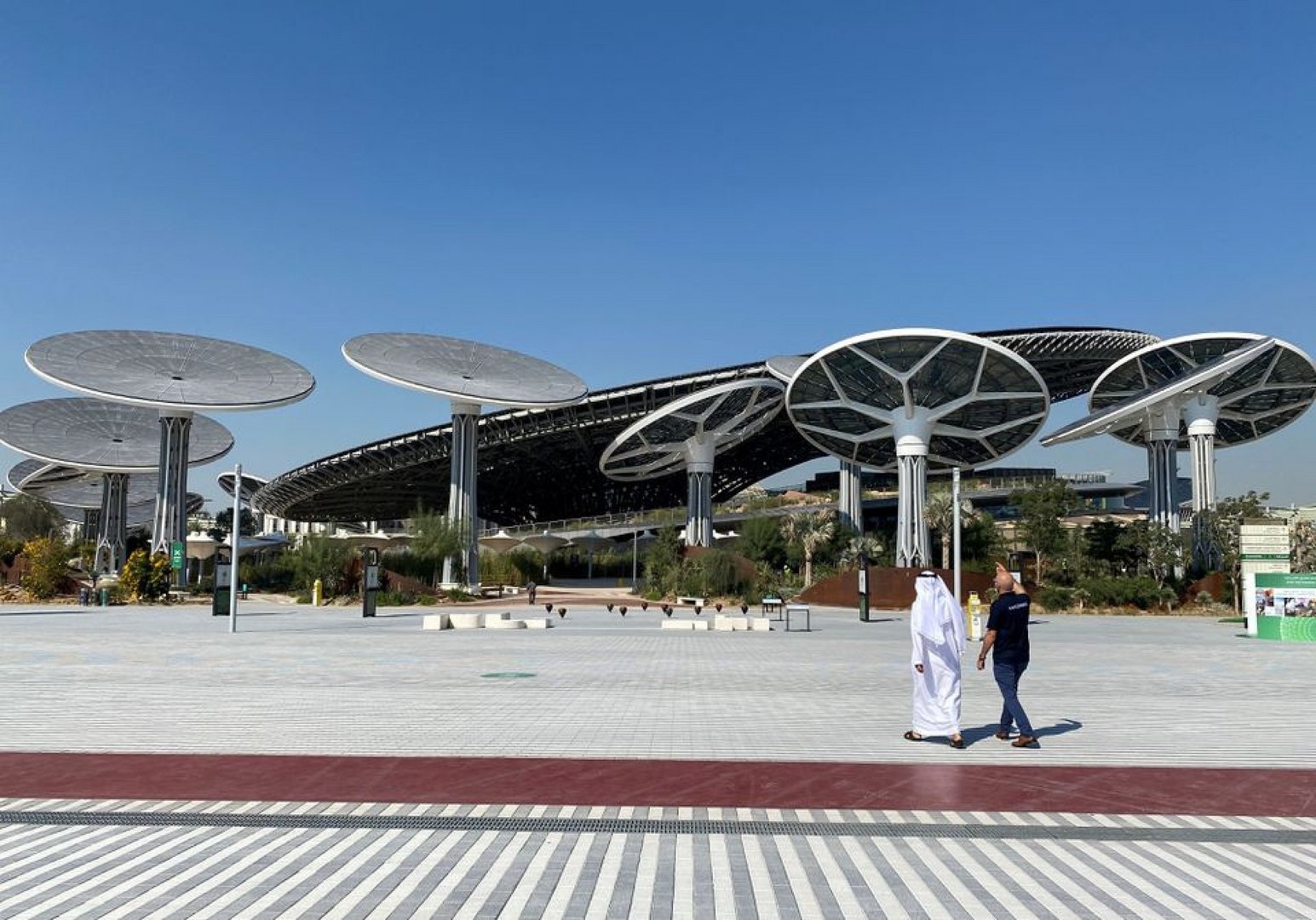Bilateral trade between Israel and the UAE now stands at €712 million, according to Israeli government data.
Trade between the two countries is expected to hit $1 billion by the end of this year, and $3 billion within three years.
The UAE, which in a seismic move last August became the first Gulf state to normalise ties with Israel, promoted the accord’s economic benefits.
The bulk of trade between the UAE and Israel, which have similar GDPs of around $400 billion, has involved imports from the Gulf’s dominant logistics and re-export hub, including plastics, electronics, auto parts and gems.
Israel recorded $457 million of imports from the UAE between January 2020 and June this year, and $255 million in exports to the UAE, its Central Bureau of Statistics said.
Dubai, which contains the region’s largest transhipment port at Jebel Ali, said in January that bilateral trade since September 2020 stood at $272 million.
Israel has traditionally exported to Arab countries via other states, or through complex structures outside the region.
Lavie said the UAE pact was encouraging trade with Egypt and Jordan, with which Israel has had peace deals for decades.
“A lot of the business community in those countries have seen that, no, it’s okay to do business in Israel … We’ve seen much more interest from business people,” he said.
“We need to really get down to work on institutional relationships between our financial institutions, the banks, the funds, the big business,” Na’eh told Reuters.
Abdulla Baqer of the UAE-Israel Business Council expects major deals on logistics, medicine and start-up incubation this year.
To date, 10 government-to-government agreements have been signed between the two countries including double taxation, visas, financial services and money laundering agreements.
Publicly announced deals include around 40 memorandums of understanding and around 30 other types of strategic, cooperation or distribution agreements related to the financial, energy, sports, agriculture, aviation, aerospace and media sectors as well as investment promotion and COVID-19 technology.
But a $3 billion fund announced by the U.S., Israel and the UAE to encourage private-sector investment and regional cooperation has gone quiet, as has a $10 billion fund of UAE private and state money announced in March to invest in Israeli strategic sectors.






Click here to change your cookie preferences